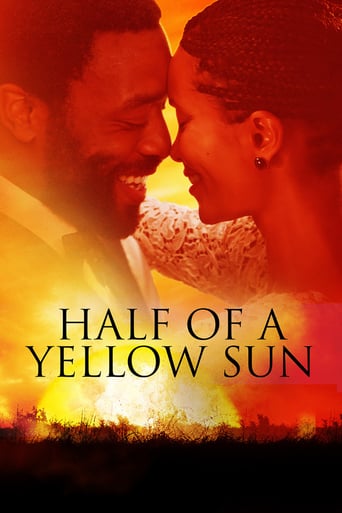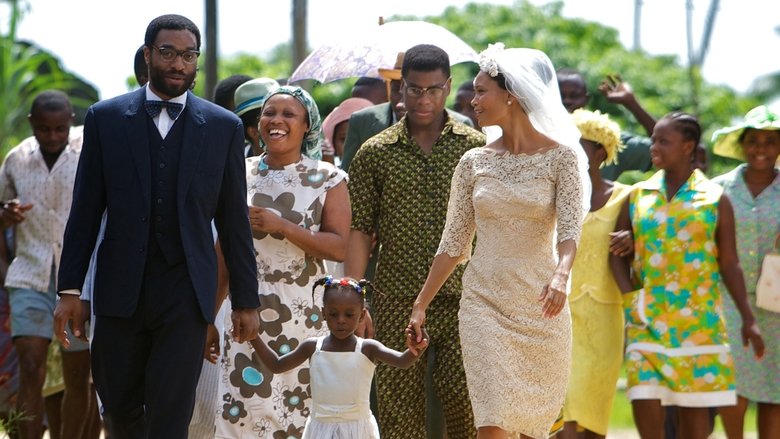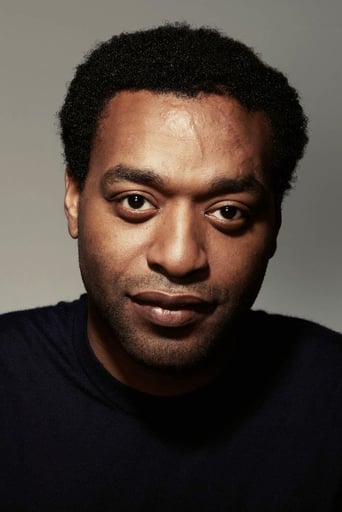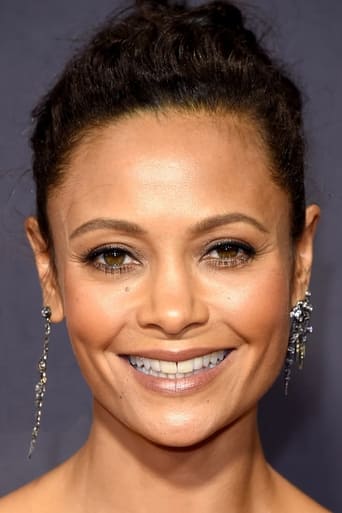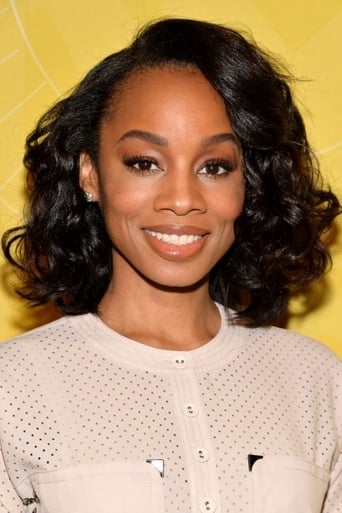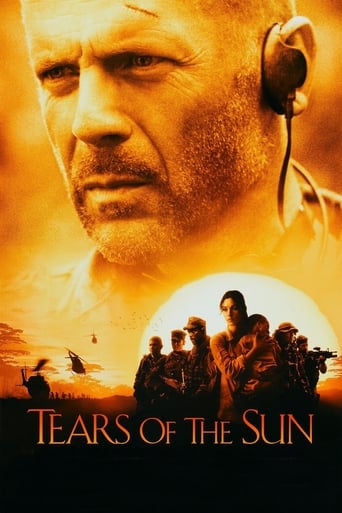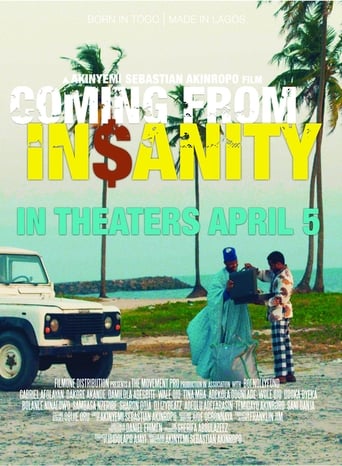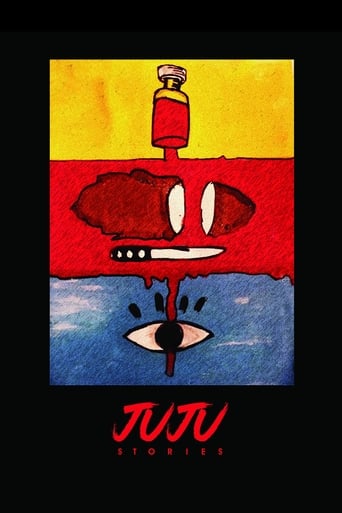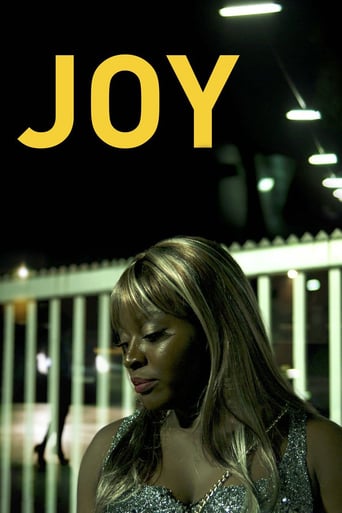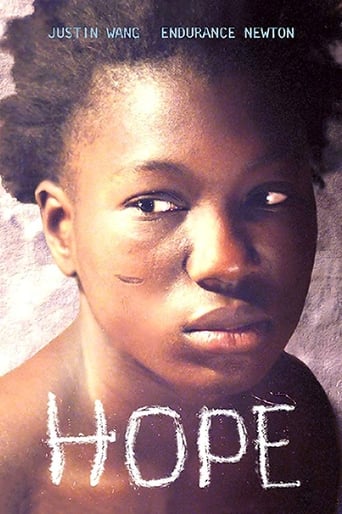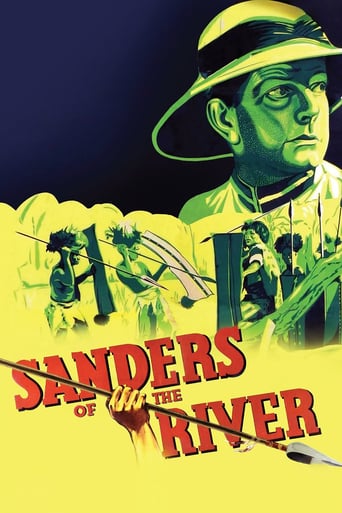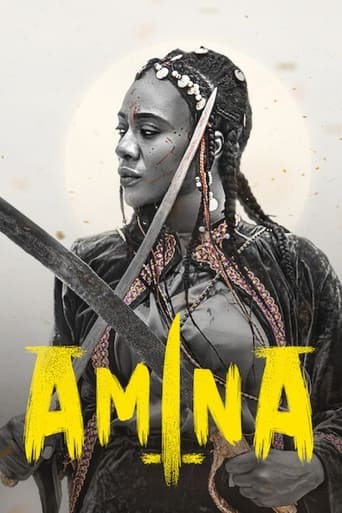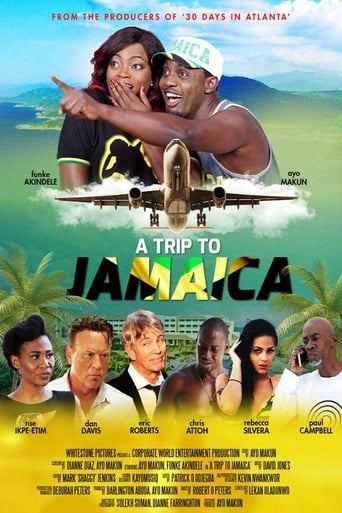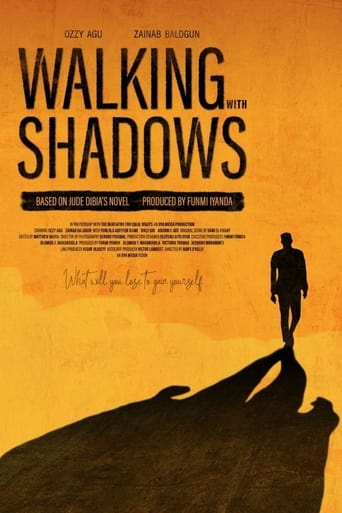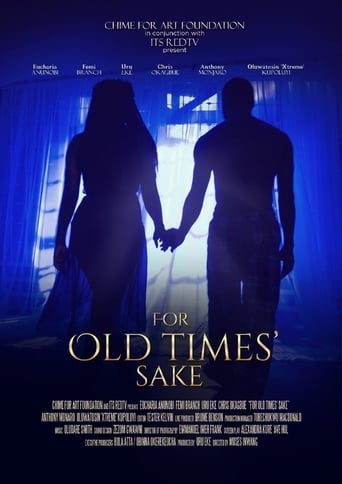Half of a Yellow Sun (2014)
An epic love story: Olanna and Kainene are glamorous twins, living a privileged city life in newly independent 1960s Nigeria. The two women make very different choices of lovers, but rivalry and betrayal must be set aside as their lives are swept up in the turbulence of war.
Watch Trailer
Cast


Similar titles
Reviews
I grew up in Britian where I knew many Nigerians, many of whom were doctors, lawyers and other professionals, and I remember the Nigerian Civil War over the secession of Biafra with the news media showing footage of starving people. I knew that Nigeria was one of the richest countries in Africa, with a large population, oil reserves, that the Igbo people of Nigeria were one of several ethnic groups and tended to be Christian, better educated and thus held most of the positions of power, to the resentment of the others, mainly the conservative Muslims in the North. I knew that the population of Nigeria was composed of many, many different tribes with different beliefs, and that as they did in the Middle East after WWI, the British had lumped them all together as one country regardless of ethnic and tribal differences. I could also name and locate several of the cities. Other than that, I had little idea of what Nigeria looks like, how the people live, what their homes are like. This film at least gave me some idea of what the country was like in the 60's, and for that reason I enjoyed seeing something fresh and different.I found the film did not really address the civil war, the genocide, the famine and the religious strife other than barely touching on the subjects. Two million Igbo died in massacres and from starvation. We saw a young soldier killed at the airport after revealing that he was a Christian, but it was not made clear that their religion was one of the things held against the Igbo. The war continued for four years, and was partially prolonged by the western powers and Russia selling arms to both sides while Britain and Russia supported the Nigerian government. France supported Biafra. Once again a proxy war. the survivors continued to be persecuted after they returned to their homes, which had been taken over by others, as were their jobs. They were not reinstated nor were they compensated. Even their savings in banks were lost to devaluation and replacement of the currency, preventing them from starting over. I did have trouble keeping up with the characters and felt that some of the actors had very little to work with, Richard Churchill for example. Joseph Mawle is a fine actor, yet his character was as insipid as bowl of jello. The other actors were Nigerian, of Nigerian descent, or in the case of Thandi Newton, half Kenyan, which made for greater authenticity. Both Chiwetel Ejiofor and John Boyega are British born Nigerians.For an adaptation of a book, a film has too short a time. As other reviewers have pointed out, it would have been better as a mini series, then the time spent on the twins love life and their fiances' infidelities would not have appeared to dominate the story. Perhaps the war was intended to be merely a background to the romantic angle, but I felt we needed to see more of the war and the sufferings of the Igbo people. But that is just my opinion. It was refreshing to see a film set in Africa which was about the African people of today rather than the great white hunter and the colonial era. I have not read the book, but I will do so after seeing this film.
Half A Yellow Sun really should have been a mini-series for television and that is the main problem here. It's an epic story with a plethora of characters being rammed into a small running time and as such it struggles to find its emotional center. Set in the late 1960s the film is set during the turmoil that followed Nigeria's independence. Accusations of tribal racism soon led to a civil war resulting in part of the country succeeding in its own state of Bifra - much of this is shown through the use of documentary clips and newsreel footage, which sadly were more interesting and engrossing than the actual movie.The story centers around the relationship between two daughters, Olanna (Thandie Newton) and Kainene (Anika Noni Rose) are brought up in a wealthy politically connected household. Both filled with a sense of entitlement the two leads don't make for especially sympathetic characters though the gutsy dry witted Kainene grows on you after a while thanks to a great performance by Rose. Olanna is engaged to be married to political intellectual Odenigbo (Ejiofor) while Kainene is quick to jump between the sheets with white businessman Richard (Joseph Mawle) another characters perspective comes from newly appointed houseboy Ugbo (John Boyega) who cooks and cleans at the house of Olanna and Odenigbo and is a witness to Odenigbo infidelities. Much of the early scenes is spent establishing tribal tension between Odenigbo's mother (Onyeka Onwenu - excellent performance) and Olanna and on Odenigbo having political discussions with other friends he invites over where he continues to blame the white man for the countries problems. The latter focuses on the tribal civil war that followed the break away state and is set over several years following the characters attempts to continue a normal life. I have no doubt that the book, which I haven't read (but will as soon as I can get my hands on a copy) paints the characters in much more dimensions than was allowed here. Here in lies the flaws of this film - Characters are painted either too stereo typically such as Odenigbo who comes across as an annoying superior hypocrite or too thinly such as Richard whose core motivations and emotions are never real to us until the final reel. Olanna is given the most screen time and she is the least appealing of the main characters, allowing herself to be a victim one minute then abrasive the next with everyone around her. Much of the script feels forced and trite and there's too many other characters whose screen time is too little yet whose deaths are played out as having major importance and significance yet we struggle to remember who they really were. I'm surprised that such a big budget film was given to a first time director but then you can't really blame him pulled from pillar to post as I am sure he would have been - the film does reek of too many cooks and really should have been made into a mini series, this would have allowed a broader stroke of scenes and story line to make the main characters more appealing and also given the minor characters more of an impact so their loss is keenly felt once it comes. The acting here is really variable too with only Joseph Mawle in an extremely underwritten part and John Boyega coming through completely unscathed. It's not a film without its merits or strong moments but ultimately it is a flawed film that has no where near the emotional impact that it should have done and that is chiefly because you do not care about the characters on screen enough to be fully engaged in their journey.
the only redeeming features of this film are that the use of colour is beautiful in places and there are a few good Nigerian character actors who give some engaging performances. But oh my goodness if you've read the novel you will be stunned at how badly it has been brought to the screen. I noticed in the opening credits that Aidichie the author did not write the screenplay and it shows.The acting is, by and large unconvincing, but what really weakens the novel is the very simplistic way that the complexities of the Biafran crisis are presented to the viewer. There's almost no way for someone with no background of the events concerned to make any sense of it all. And the film almost ignores the horrific atrocities, the atrocious famine and the way that the crisis was made worse by almost the entire political world turning a blind eye for four long years.The editing is woeful with the plot taking place in several locations interspersed with archive BBC news footage. The scenes are all confined to static sets with few exceptions. Those exceptions are badly filmed 'action' shots with 1980s A-Team special effects. Oh, and then it ended. Just like that.Very very disappointing. Don't waste money on this at the cinema. Spend it instead on the excellent novel which I fear many will now not read because they think it will be as bad as the film.
Half of a Yellow Sun is a fantastic novel, so any adaptation was going to be very difficult. Adapting a great book should be approached with care and most successful adaptations have focused on one or two key events or characters rather than try to retell the whole story. In this case, the adaptation attempted to tell the whole story and, subsequently, manages to avoid any depth as it simply skims along the surface in order to get the end. Often, scenes which serve no point other than to relay a piece of background information continually appear and it is shocking that such experienced film makers failed to guide the writer/director away from such obvious pitfalls. In order to accommodate as many details as possible from the novel, many superfluous scenes lead only to confusion and rely on the audience either having read the novel or having in-depth knowledge of Nigeria's history. Some characters appear only to serve as expositional devices. This film has one or two excellent performances DESPITE the material but generally the actors appear to be at a loss as to what to do. This is the director's first movie and it could that he wasn't comfortable with the pressures of time and of shooting out of sequence. It is sad to be so 'down' on a movie that has its heart in the right place, and one can only imagine that Chimamanda Ngozi Adichie must rue the day that she allowed her beautiful work to be adapted by someone who had little or no grasp of the screen writing process that could have turned out a great film script.

